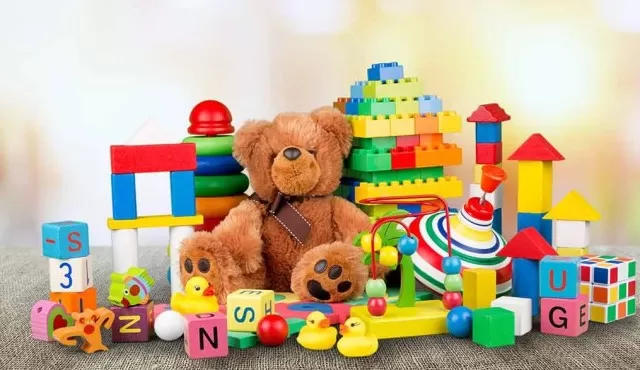Basements come with their own set of challenges, including the risk of flooding, pest infestations, and fluctuating temperature and humidity levels.
Paper Predicament

The dampness prevalent in basements can spell disaster for paper items.
Paper is prone to attracting mold and mildew, resulting in discoloration (usually yellowing) and illegibility over time. Therefore, it’s highly advisable to keep paperwork, photographs, books, magazines, newspapers, and loose artwork (whether it’s professional or created by your artistic child) far away from the basement.
Cardboard boxes are also a no-go, as they will deteriorate and may become a snack for unwanted pests.
Instead, consider these alternatives:.
Aim for a paperless approach whenever possible.
For crucial documents like tax returns or insurance papers, organize them in a small filing cabinet in an office space or the kitchen. Keep vital documents like birth certificates, passports, house deeds, and more in a fireproof safe for quick access in case of emergencies.
Organize your photo collection (consider scanning them digitally for added security) and store them in boxes or albums in a family room for everyone to enjoy. Donate books you no longer want and explore creative book storage options elsewhere in your home.
Frame and display fine art in your house or create a children’s art gallery in a playroom, then dispose of or store old works with sentimental value. .
Toy Trouble

Even if your toys lack sentimentality or aren’t crafted from fabric, it’s best to avoid storing them in a basement that experiences fluctuating temperatures.
Metal toys can succumb to rust, while plastic or wooden ones may develop mildew stains due to excessive moisture.
To reduce the need for extra storage space, consider decluttering toys that your child no longer plays with.
If you intend to save some for younger siblings or employ a toy-swapping system, pack them into bins and place them on shelves in a playroom or an upstairs bonus room.
Treasured Keepsakes

If an item holds irreplaceable sentimental value to you, it’s wisest to keep it out of the basement.
These cherished mementos can include high school t-shirts, letters or cards, photos, medals, memorabilia, family heirlooms, and much more. In the event of a disaster like basement flooding, these treasures could be lost forever.
To protect them, store these items safely elsewhere in your home.
Utilize attractive containers with labels to organize your keepsakes and place them on high shelves in closets to keep them out of the way. You can also get creative with display options, such as incorporating them into shadow boxes.
Furniture and Home Decor Dilemma
Anything crafted from wood can easily warp or crack in a high-humidity basement, so it’s best to refrain from storing extra furniture there.
This caution becomes especially crucial if you possess antique or heirloom pieces in need of temporary storage. Rugs, like all fabric-based items, are susceptible to moisture damage. Despite the temptation to toss an extra rug in the basement, it’s not a wise long-term choice.
Instead, roll up rugs, store them in plastic bags, and keep them upright in another area, such as a spare Bedroom Closet.
Find a suitable spot upstairs to showcase vintage furniture or decor, consider using a storage unit, or inquire if a family member can store these items for you, especially if it’s a temporary solution.
*The information is for reference only.